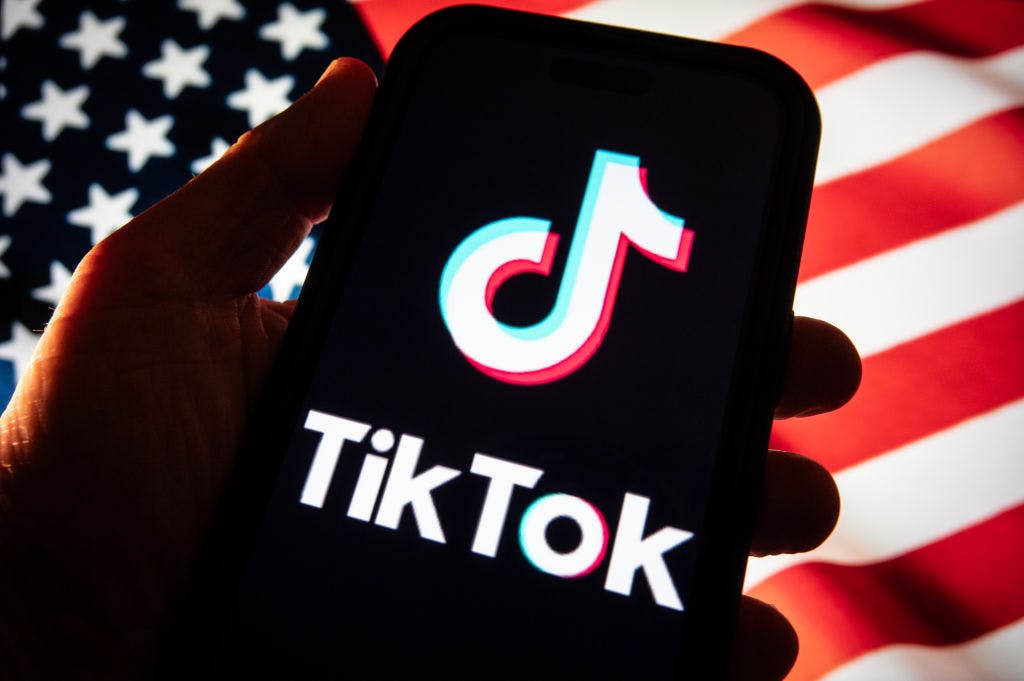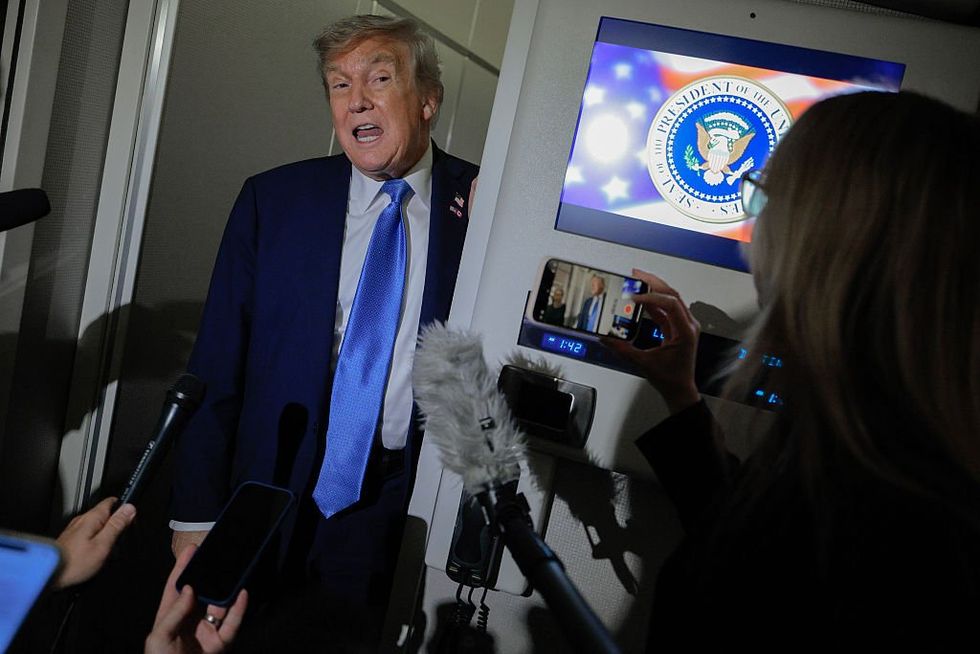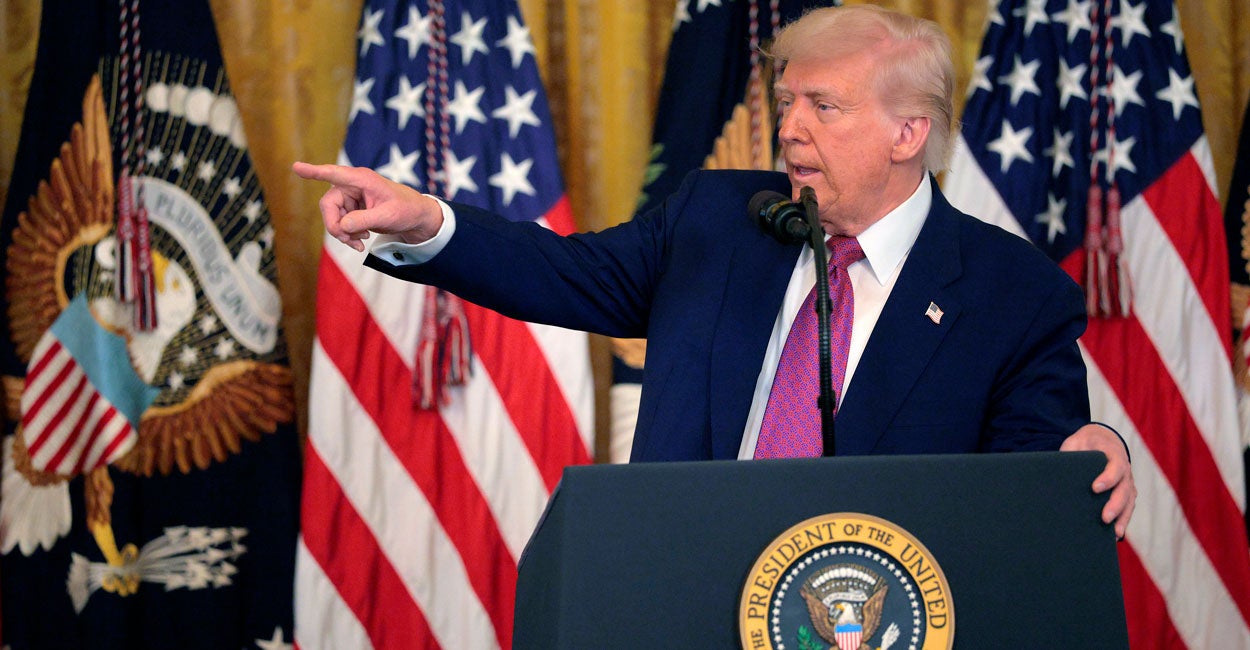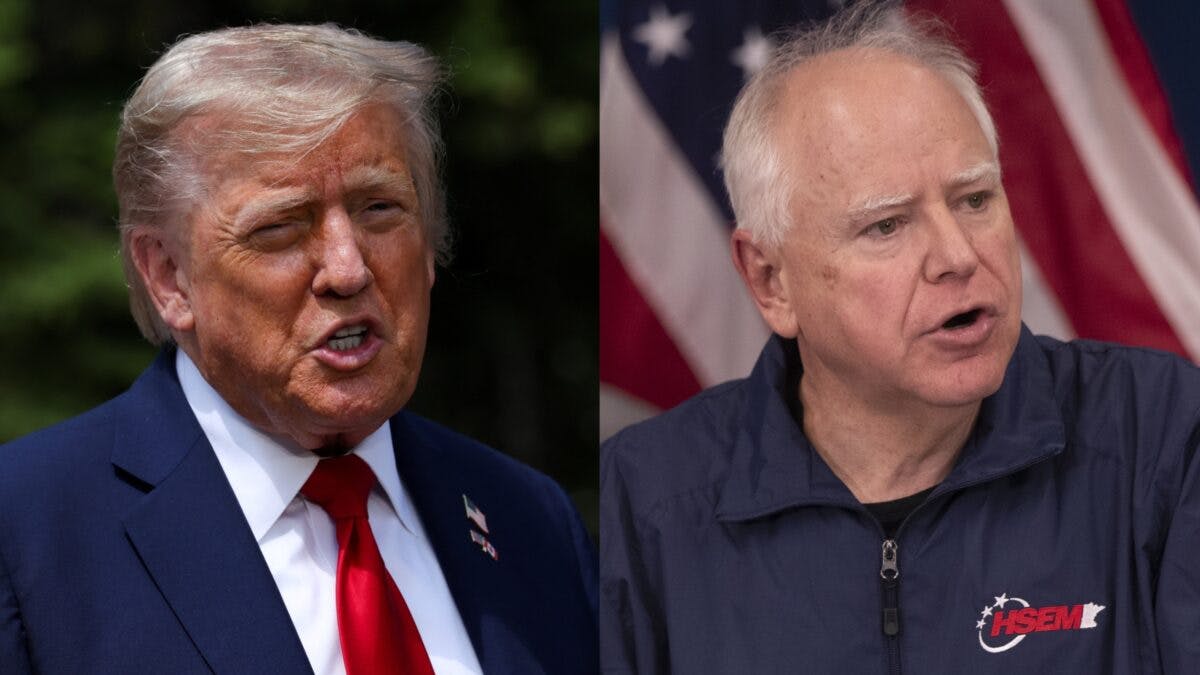Artificial intelligence is a national security imperative



Many people forget that the Department of Defense conceived the internet as a secure and dynamic communication tool. Still, it took the private sector to turn it into an economic powerhouse that has revolutionized commerce and political discussion and transformed how people connect, work, and share information globally. Many argue that artificial intelligence’s impact on our society and economy will be greater than that of the internet, both economically and in national security. This public-private partnership can unlock AI’s potential, allowing the nation to protect itself while enriching itself.
That’s why the Department of Defense, which has said that AI “will change society and, ultimately, the character of war,” wants to expand the use of artificial intelligence (AI). This venture will advance America’s defense and ensure the United States remains the world leader in technological modernization. However, while the Defense Department desperately seeks to develop and expand AI, the Department of Justice has declared war on it. It is taking legal actions that threaten to smother the industry, which is still in its infancy.
AI technology is already touching every facet of modern life. For national defense, AI has the potential to analyze vast amounts of intelligence in real-time, assist in decision-making, and help with battlefield strategy. The Deputy Assistant Secretary of Defense for nuclear matters recently noted that AI’s adoption will be a “considerable advancement in our ability to safeguard critical assets.”
The Defense Department’s investment in AI is also about maintaining parity—or ideally, superiority—against adversaries like China and Russia, who aggressively pursue their AI initiatives.
Beijing has made no secret of its ambition to become the global leader in AI and is funneling billions into various military and civilian applications.
It aims to lead the world in AI by 2030 so it can obtain “intelligence supremacy,” allowing it to leapfrog the technological capabilities of the United States. If the U.S. fails to match or surpass these efforts, it risks falling behind in the arms race of the 21st century.
AI is not just about military applications. The technology underpins advancements in healthcare, finance, transportation, and countless other industries and has been called the “most important technology of any lifetime.” Leading in AI ensures that American companies drive innovation, which creates jobs and fosters economic growth. Just as the internet was initially incubated by research and development for military applications, the same holds for AI. We need a robust partnership between government initiatives and private sector innovation to secure America’s AI development and application leadership.
Many industries, such as tourism, travel, and hospitality, have adopted AI and are already implementing it. Hotels and airlines employ AI algorithms for dynamic pricing, which adapts rates based on up-to-the-minute supply and demand analysis. When demand is low, AI suggests lower pricing to help fill the capacity of hotels and airline flights.
Yet, despite already being in everyday use, AI has come under fire from government regulators and bureaucrats.
A federal court case in Nevada has become ground zero in this fight as hotels that use AI to offer pricing options are being sued with the wholesale support of the Department of Justice. Similarly, the DOJ has targeted RealPage, accusing the company’s software, which assists homeowners and landlords in determining what price to offer customers, as being illegal.
These actions by the DOJ are incredibly short-sighted. Any business model that suggests both price reductions and price increases tied to supply and demand are the signs of a healthy, competitive marketplace is all about, not an antitrust violation.
If the DOJ’s continued actions against algorithmic AI are successful, their actions risk setting a dangerous precedent by discouraging industries from leveraging AI’s full potential. Who will invest in technology when it risks potential litigation by the federal government?
The stakes are too high for the United States to fail. If China dominates AI development, U.S. companies can become sidelined in global markets, and American workers could lose jobs in cutting-edge industries, not to mention watch ethical standards get shaped by regimes that prioritize state control over personal freedoms.
AI is a foundational piece of our future vitality. It makes no sense for one government agency, the Department of Defense, to invest heavily in technology while another, the Department of Justice, threatens to smother it in the crib. Our security and prosperity depend on AI’s growth, adoption, and use. A cohesive national strategy is essential, where innovation is nurtured, not stifled, ensuring that AI can flourish to secure America’s future economically and militarily.
Monica Farrow is an Adjunct Professor of economics and political science at Georgia Military College.
What's Your Reaction?
 Like
0
Like
0
 Dislike
0
Dislike
0
 Love
0
Love
0
 Funny
0
Funny
0
 Angry
0
Angry
0
 Sad
0
Sad
0
 Wow
0
Wow
0











































































